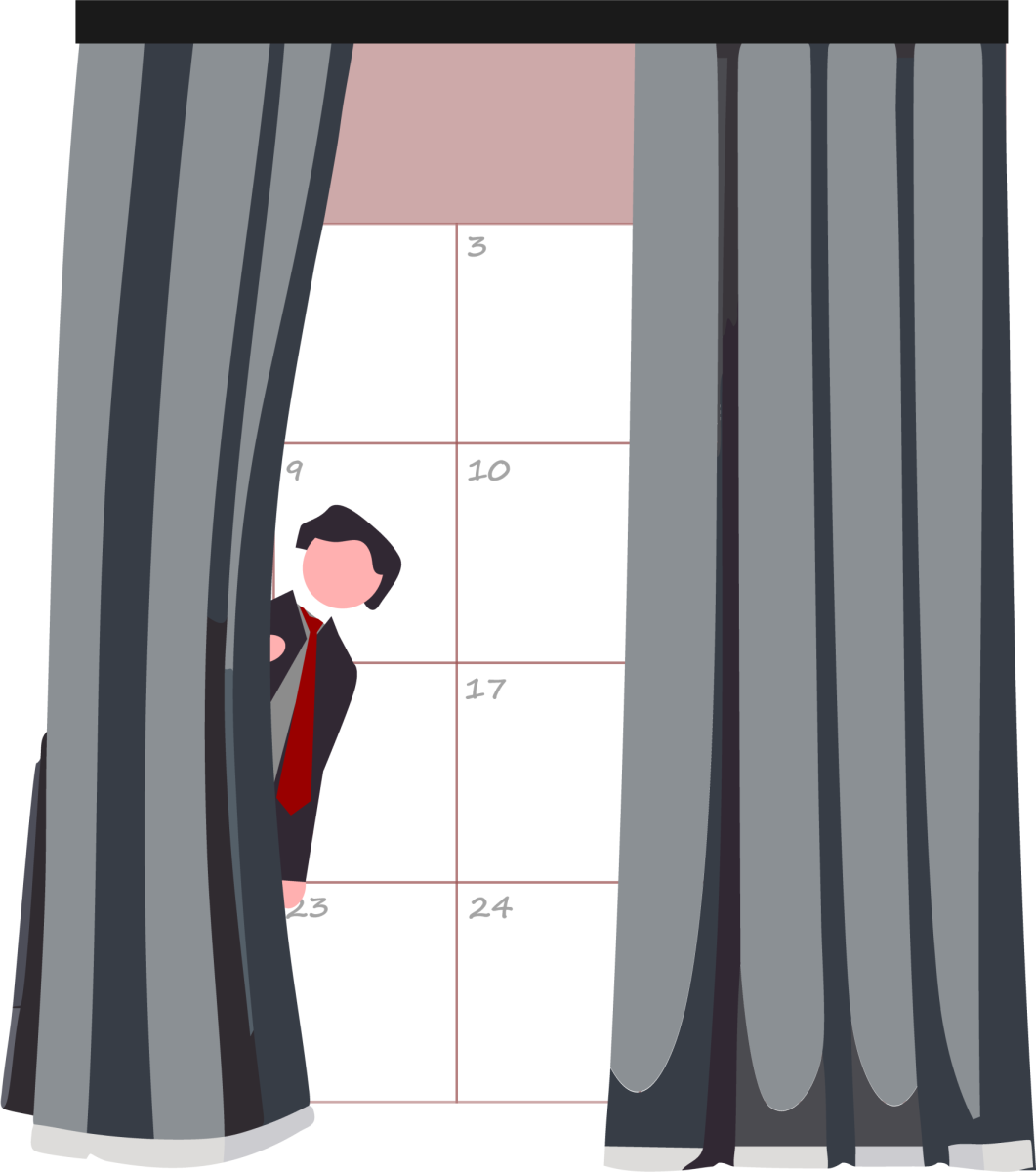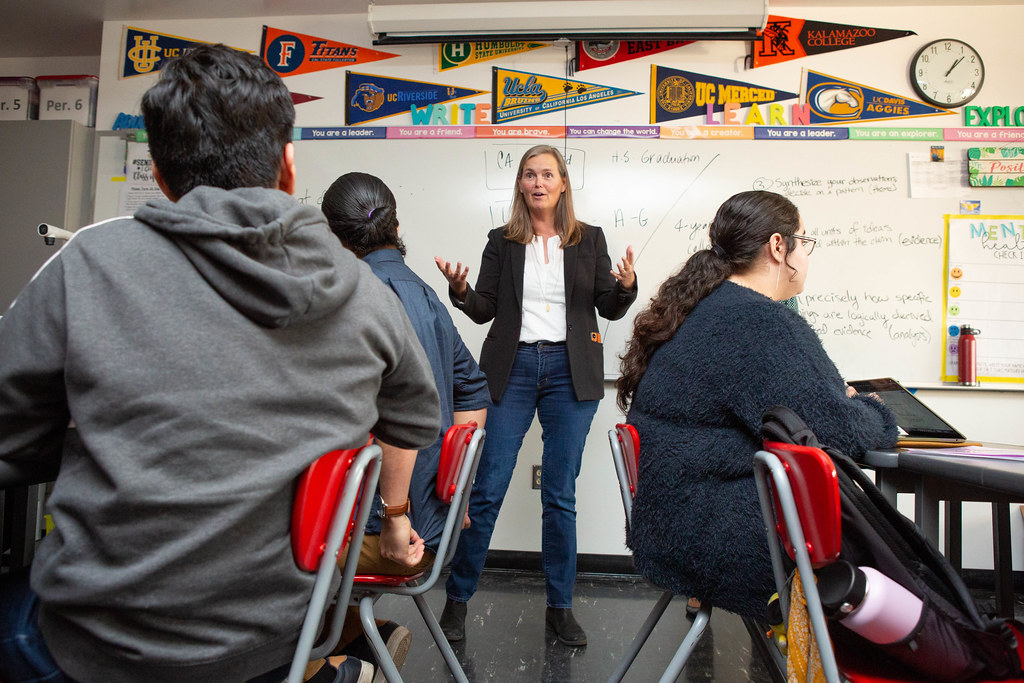Media literacy has always been a concern for educators and activists, but with the explosion of social media and online journalism in recent decades, the ability to evaluate what you are reading is crucial to being an informed citizen. With a president who has lied to the American people over 12,000 times and claims that any criticism pointed in his direction is “fake news,” it is more important than ever that we emphasize critical thinking in our daily lives.
The internet makes sure that finding information about an event, person or topic is fairly easy. Making sure that the information is accurate and unbiased, however, can be something of a challenge. Readers should feel encouraged to educate themselves and use multiple sources to hold media accountable for their claims.
It is a moral imperative of the press to investigate and report on issues that affect the lives of their readers. There are many strong news institutions that claim to have this goal in mind, and I believe that there are a lot of individual journalists that do this work because they care about spreading truth. Yet, our economy remains capitalistic, and at the end of the day, media corporations are selling a product. When profit is a high priority, it impacts which stories are told.
When the amount of clicks or views a story generates matters more than the quality of the reporting, we get into a murky area. The sheer amount of content needed to propel the current news cycle results in a high volume of stories that, while interesting, don’t necessarily matter to the overall well-being of society. Some newspapers, magazines and television networks are financially reliant on selling space to advertisers — and even in the best case scenarios this may cause meaningful stories to be overlooked or swept under the rug because of corporate influence. Stories that are not relevant or impactful are often blown out of proportion — I’m looking at you, Starbucks holiday cup controversy.
CNN has been a cornerstone of American media for almost 40 years. Their round-the-clock, far-reaching reporting was responsible for the creation of the 24-hour news cycle and represented a significant shift in the media landscape. After MSNBC and Fox News emerged as competitors in 1996, each continued to change incrementally in an effort to secure the highest ratings and viewership.
When CNN was celebrating its 25th anniversary in 2005, NPR did a story on the ways it has changed journalism and the term “breaking news” forever. NPR’s Media Correspondent David Folkenflik reported on the history of cable news, noting that all of the networks were once on a fairly even playing field until the terror attacks of 2001. Fox News in particular had a steady increase of viewership in comparison with CNN, but not because it was putting out riveting, in-depth journalism. Fox rolled out a new generation of sensationalized headlines, “facts” extrapolated from data without proper context and outrageous debates among political pundits.
Perhaps our acceptance of the 24-hour news cycle pair with sensational coverage should be reexamined. If people go to the news because it provides ideological ammo for arguments and entertainment, it will cause the remaining sound reporting to go unread. The popularity of inflammatory cable news is a short-term game. It creates big ratings after every scandal or tragedy, but overall it creates fear and distrust among viewers — and in the end, it leaves people misinformed.
In addition to questioning the necessity of a 24-hour news cycle, I believe that improved education, especially regarding media literacy and critical thinking, will drastically change American lives. Statistical and logical fallacies are often promoted by politicians and lobbyists to persuade — or scare — voters into supporting their legislative agendas. We need more comprehensive early education about persuasive communication techniques, empty rhetoric, scare tactics and credible sources in order to side-step these traps laid before us.
Social media further complicates the media landscape, allowing almost anyone to become a pundit. These people have risen to some level of “authority” online because they have amassed a large following with whom they can loudly feed their opinions. Whether their pet issue is nutrition, alternative medicine, politics or science, they commonly include fallacious arguments that are then repeated over and over again.
No matter how well-respected a person is, readers need to do their own research before believing and repeating their claims. Even those with credentials or training in a specific field are still human, and they can fall victim to perpetuating fallacies and bad science. Humans are also notorious for seeking out a black-and-white answer, often disregarding nuance at the expense of others.
After multiple devastating mass shootings in the last week, it is understandable that many people had something to say. While activists continue pleading for federal gun control legislation, multiple Republican lawmakers have spent time on Twitter and TV reducing these horrific tragedies into critiques of violent video games and mental illness, even though neither have any proven links with mass shootings.
Popular astrophysicist Neil deGrasse Tyson felt the need to combat emotional reactions to the shootings with statistics of other preventable deaths in America:
In the past 48hrs, the USA horrifically lost 34 people to mass shootings.
On average, across any 48hrs, we also lose…
500 to Medical errors
300 to the Flu
250 to Suicide
200 to Car Accidents
40 to Homicide via HandgunOften our emotions respond more to spectacle than to data.
— Neil deGrasse Tyson (@neiltyson) August 4, 2019
These more mundane types of death killed more people than shootings, but many were upset with Tyson’s perceived lack of respect for those killed in tragedies.
Others questioned its accuracy. Hank Green, another popular scientific personality, pointed out that one of the data points Tyson cited regarding deaths due to medical errors was wrong:
You may have seen a tweet today saying that there are 500 deaths every two days in the us due to medical errors. If that sounds impossibly high to you…it is.
It's the kind of potentially damaging statistic a serious science communicator would never share without context.
— Hank Green (@hankgreen) August 4, 2019
He then shared a New York Times story to support his tweet.
It can feel disheartening when a seemingly trustworthy source communicates in a misleading way. Instead of feeling hurt, readers should feel energized, focusing on ways to improve the accuracy of these conversations. A blog, Compound Interest, created a great infographic outlining ways to spot bad science and research used in media. It includes looking out for sensationalized headlines, conflicts of interest, cherry-picked data, small sample sizes, no control group and unreplicable results. These tools can empower readers to demand accountability.
Online news producer and host Philip DeFranco has used Youtube as a platform for fair, informed reporting. With 6 million subscribers, his daily news shows get hundreds of thousands of views a day. His coverage of shootings focuses on only the known facts at the time, with an acknowledgment that investigations are ongoing. His personal policy is to never use a shooter’s name or show their picture because, often times, they crave attention for their crime. Instead, he focuses on the names and stories of the victims and heroes of each respective incident.
Lindsay DeFranco, Philip’s wife, is co-launching a media literacy campaign this fall entitled “Not So Fast”. Their mission statement says, “We hope to empower, educate and encourage students to slow down and take the time to question, analyze and verify the news and media they encounter on a daily basis. Our campaign aims to instill confidence in fact based inquiry, civil discussion and curiosity to become responsible digital citizens.” Their website will include a hub of resources that support their mission, and they have plans to implement actionable discussion in schools and communities.
Not every story we read or watch in the news will be as tragic or far-reaching as the gun violence epidemic, but we must approach all of the media narratives we encounter with caution. Slight skepticism and an understanding of bigger contextual systems goes a long way. Citizens rely on freedom of the press and ethical journalism to function as a democratic republic, which is only harmed by President Trump’s continuous attack on “the media and fake news.” These problems in America’s cultural and media landscape were building long before his administration took office, and it is finally time to address them head on.






















Spencer Cook • Aug 20, 2019 at 5:37 pm
Just read your article titled Media Matters. I think you’d have a much bigger student base if you didn’t make half of them feel like they’re the villains. I’m independent politically because I feel like I don’t need to be spoon fed my opinions like many college students do. That being said, this article was one of the most hypocritical articles I’ve read, saying that biased media is dangerous and cheats the reader out of the truth. This article quickly precedes to tell us that only leftist media can be trusted, that right wing statistics are lies, and that the republican president is a scam artist. I’m very disappointed that even in my own educational institution, I have to read blaring media bias.